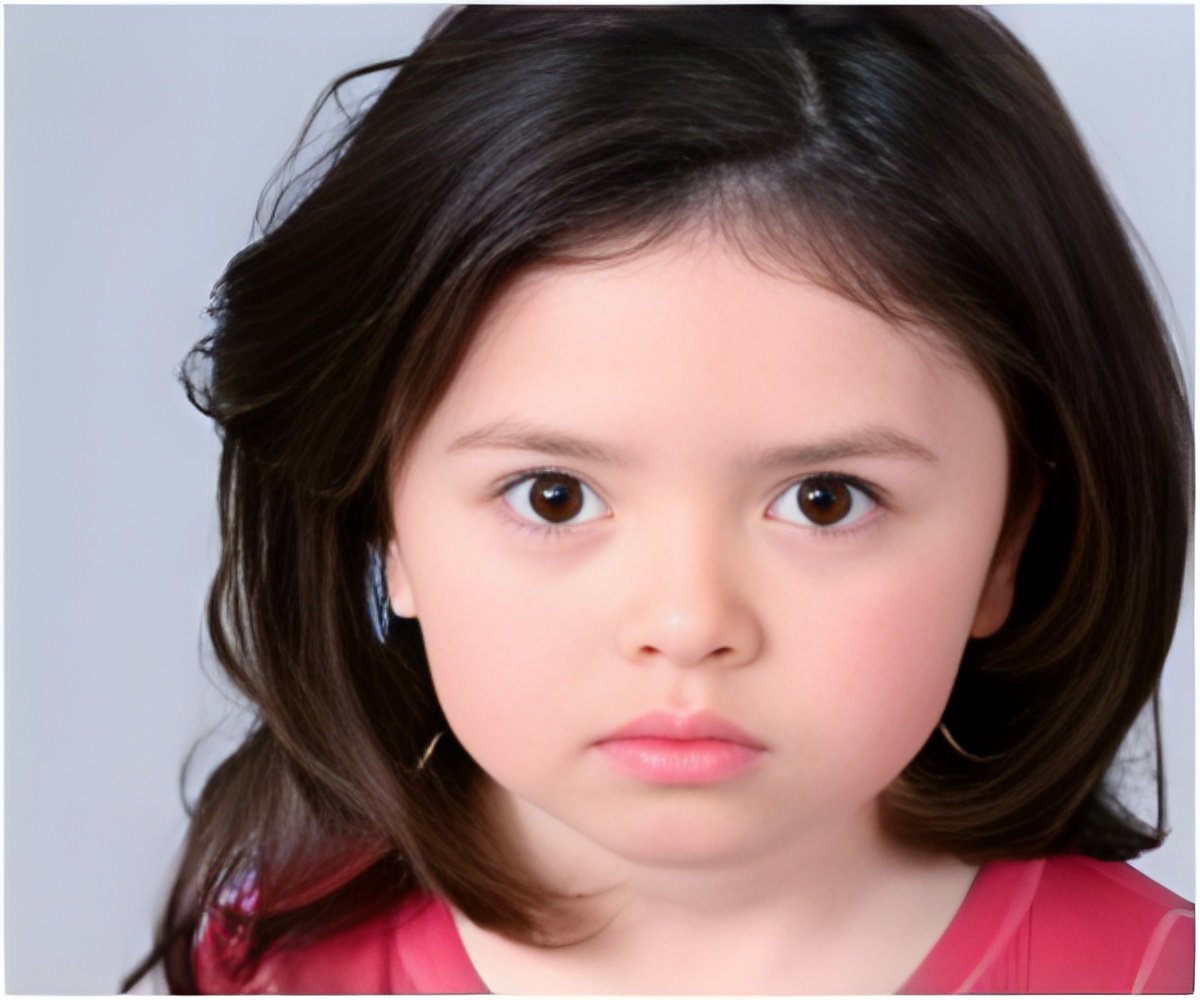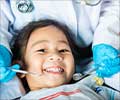
The Food Standards Agency banned the use of the six E number colorings in food and drink products that targeted children under 36 months of age. However they are still used in medicines as fall under a different regulatory regime. The Medicines and Healthcare Regulatory Agency has defended its use in medicines, stating that as the medicines are taken infrequently, the total intake of the additives is low and thus not harmful.
“The consumption of food and drink is very different to the consumption of medicines. Over-the-counter medicines are only intended for occasional use in small quantities over a very short period of time”, the MHRA said, adding that there is no evidence which suggests that using the additives in medicines was linked with hyperactivity in children.
Source-Medindia















